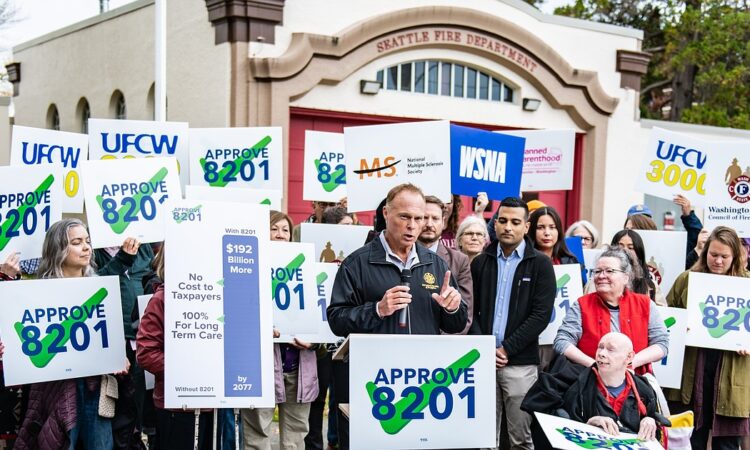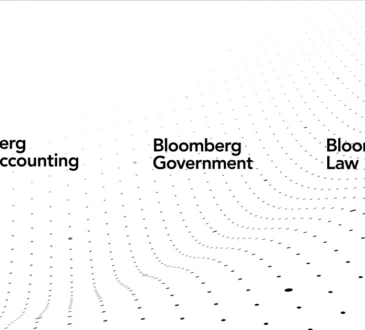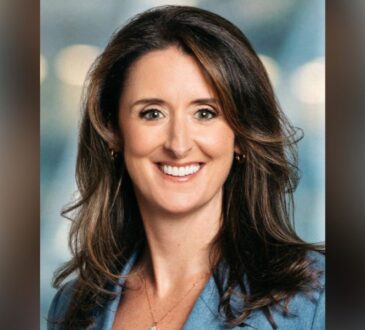
OLYMPIA — Washington voters will be asked to accept or reject a constitutional amendment to allow funds from a program designed to help pay for extended care services to be invested in different securities than what’s allowed now. Kristen Hyde, press secretary for the campaign in support of the amendment, said the proposal would leave most of the money in the current investment portfolio.
“(The investment would be) less than a majority of the reserves,” Hyde said.
Senate Joint Resolution 8201 would allow the state to invest some of the money in the Long Term Care Trust Fund in private stocks and securities. Washington residents pay 0.58% of their gross income to the fund, which is designed to provide money for extended care, up to a maximum of $36,500, although that could be adjusted for inflation. The existing law restricts investment to fixed-income securities, according to a statement from the Washington Attorney General’s Office.
Opponents of the proposal say the state would be subject to additional risk of loss if the money is invested in private securities, and that proponents are projecting a return on the state’s money that may not pan out. Proponents say state officials already invest money from other funds in private securities, and that the state has a good track record with those results.
A similar proposal was rejected by state voters in 2020.
The 2025 resolution was approved with 47 yes votes and seven no votes in the Senate, and 86 yes votes, nine no votes in the House. Judy Warnick, 13th District Senator, voted yes, while Mark Schoesler, Ninth District Senator, voted no. In the House, 13th District Representative Tom Dent voted in favor; Alex Ybarra, who also represents the 13th District, voted no. Both Ninth District representatives, Mary Dye and Joe Schmick, voted no.
Schmick said that since the state is taxing people for the benefit, it’s up to the state make sure that money is available.
“Since this is a mandatory payroll tax, it absolutely has to be there when people go to draw from it,” Schmick said.
Someone will have to make up the difference if the trust fund was to lose money, he said.
“Who then picks up the tab – the taxpayer? When they’ve already paid it?” he said.
The state has been collecting the tax since July 2023. Qualifying Washington residents can start accessing the fund in summer 2026.
Hyde said the fund is in good financial condition and that allowing a different investment structure will allow it to stay in good financial condition longer. Opponents said it was an unacceptable risk for a new program.
“Currently (the money) is safeguarded in secured investments like state, federal, and municipal bonds, a better use of our tax dollars,” according to an opposition statement in the general election voter’s pamphlet. “Stock markets and private investments fluctuate greatly, with no guarantees, and the benefit needs are unknown in this untested program.”
An investment structure with a guaranteed return provides better planning and stability, and is more fiscally responsible, according to the opponents’ statement.


